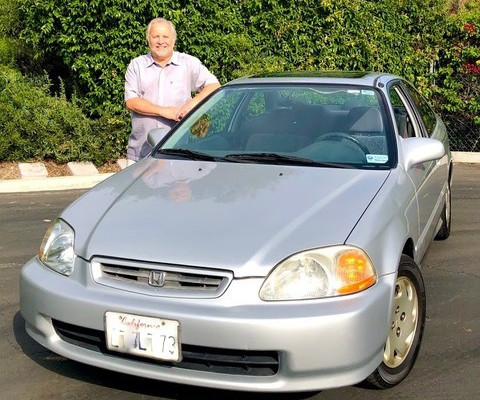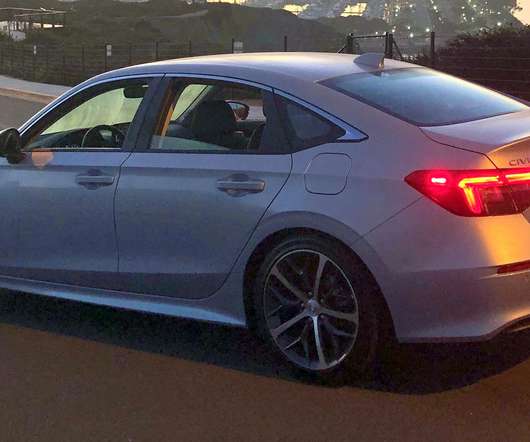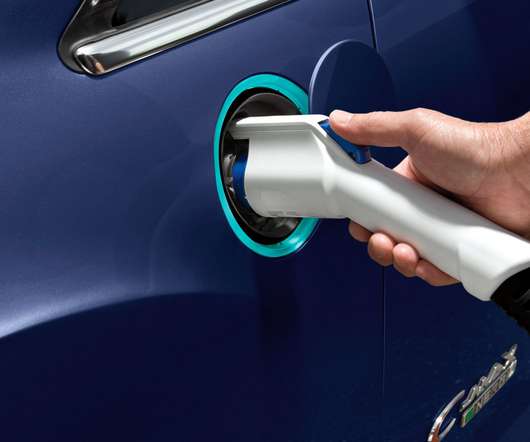Ceres: national fuel economy and emissions standards can increase viability of domestic automakers and suppliers
Green Car Congress
AUGUST 10, 2017
New analysis commissioned by Ceres, a sustainability nonprofit organization working with investors and companies, suggests that national fuel economy and emissions standards can help increase the viability and international competitiveness of domestic automakers and suppliers. Innovation and market disruption. —Alan Baum.





































Let's personalize your content